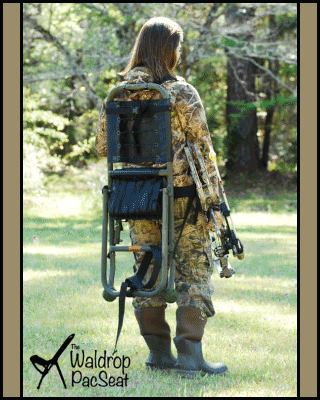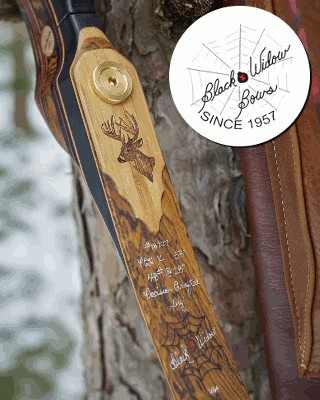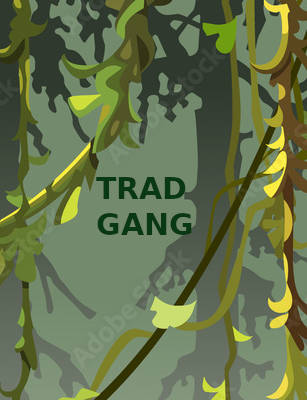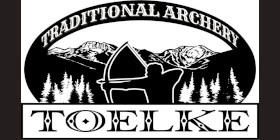Here is some info you might find useful:
"If you will only be doing light-work with say a 2-pound hammer, one in the 80-140 pound range may be suitable. If you are going to do typical blacksmithing work using no more than a 2 1/2-pound hammer, one in the 150-190 pound range may be suitable. If you intend to do heavy work, such as using a 3-pound or larger hammer, working with a striker and/or working with steel stock larger then about 1", one in the 200-pound plus range may be better suited. It is not unusual for a professional blacksmith shop to have several sizes of anvils available for use as needed." and
"Testing an anvil top for hardness - two popular methods:
- Drop a 1" steel ball from 10" and record rebound on several areas of the top. A very knowledge friend provided the below criteria. (I know of someone who did this with an imported cast iron anvil. The concrete floor had a greater rebound than the anvil.)
-- Measured from the bottom of the ball to the bottom of the ball at the peak of the first bounce at center of anvil over waist:
--- Anything below 40% is generally junk and some ASO's test as low as 10%
--- 50% (5") is OK but a relatively soft anvil
--- 70% (7") is an average good anvil
--- 80% (8") and up are top quality anvils.
- Hit the top plate moderately hard with the ball end of a heavy ballpeen hammer. Dimpling indicates a top too soft to stand up to significant usage.
If you cannot preform such tests yourself ask the seller to do at least the ballpeen hammer one and then to give you a money back guarantee for both the cost and return shipping if you do not get the same results. (This also holds true for the ball bearing bounce test.) If the seller declines to do so, then buyer beware."
And here is a good link:
http://www.beautifuliron.com/gs_anvils.htm




















